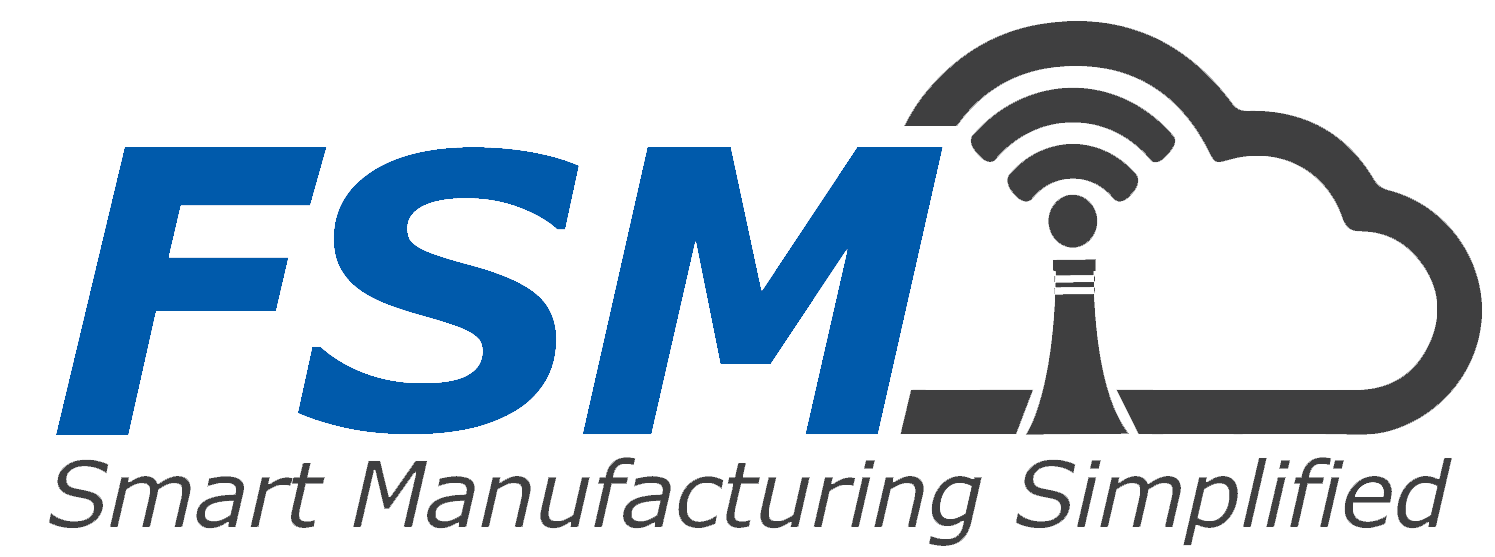Industrial IOT and Cyber Physical Systems
Traditionally, manufacturing has been considered as a process that convert raw materials into physical products in the factories by managing resources with best automation practices available.
Cyber-physical systems (CPS) are enabling technologies which bring the virtual and physical worlds together to create a truly networked world in which intelligent objects communicate and interact with each other. They are "enabling technologies" which make multiple innovative applications and processes a reality as the boundaries between the real and virtual worlds disappear. Cyber-physical systems provide the basis the creation of an Internet of Things (IoT) which makes smart services and products possible. A cyber-physical system (CPS) is a “thing” in the Internet of Things. It is a combination of mechanical, electronic and software components that communicate via a data infrastructure such as the Internet, react flexibly to external influences and exchange data with information systems and other CPSs. In manufacturing facilities, cyber-physical systems will communicate with intelligent, networked industrial production and logistics units-also known as cyber-physical production systems (CPPS). The CPSs exchange information, trigger actions in production and reciprocally control themselves autonomously. This enables industrial processes in manufacturing, engineering, use of materials, supply chain management and life cycle management to be fundamentally restructured and optimized.
